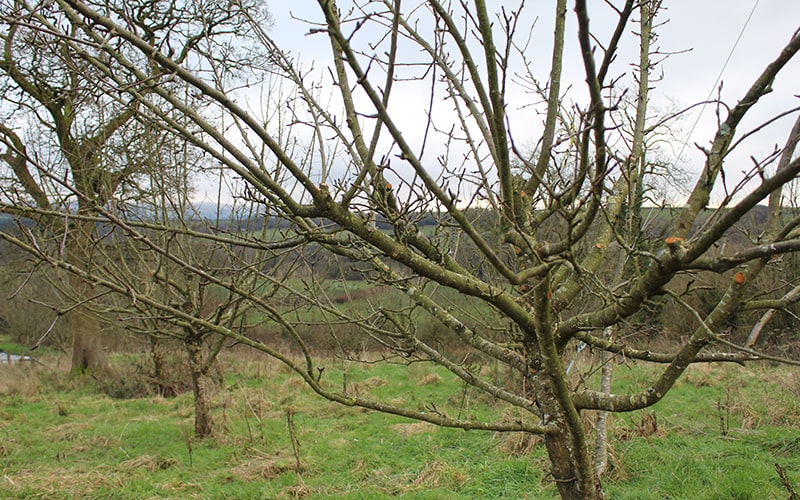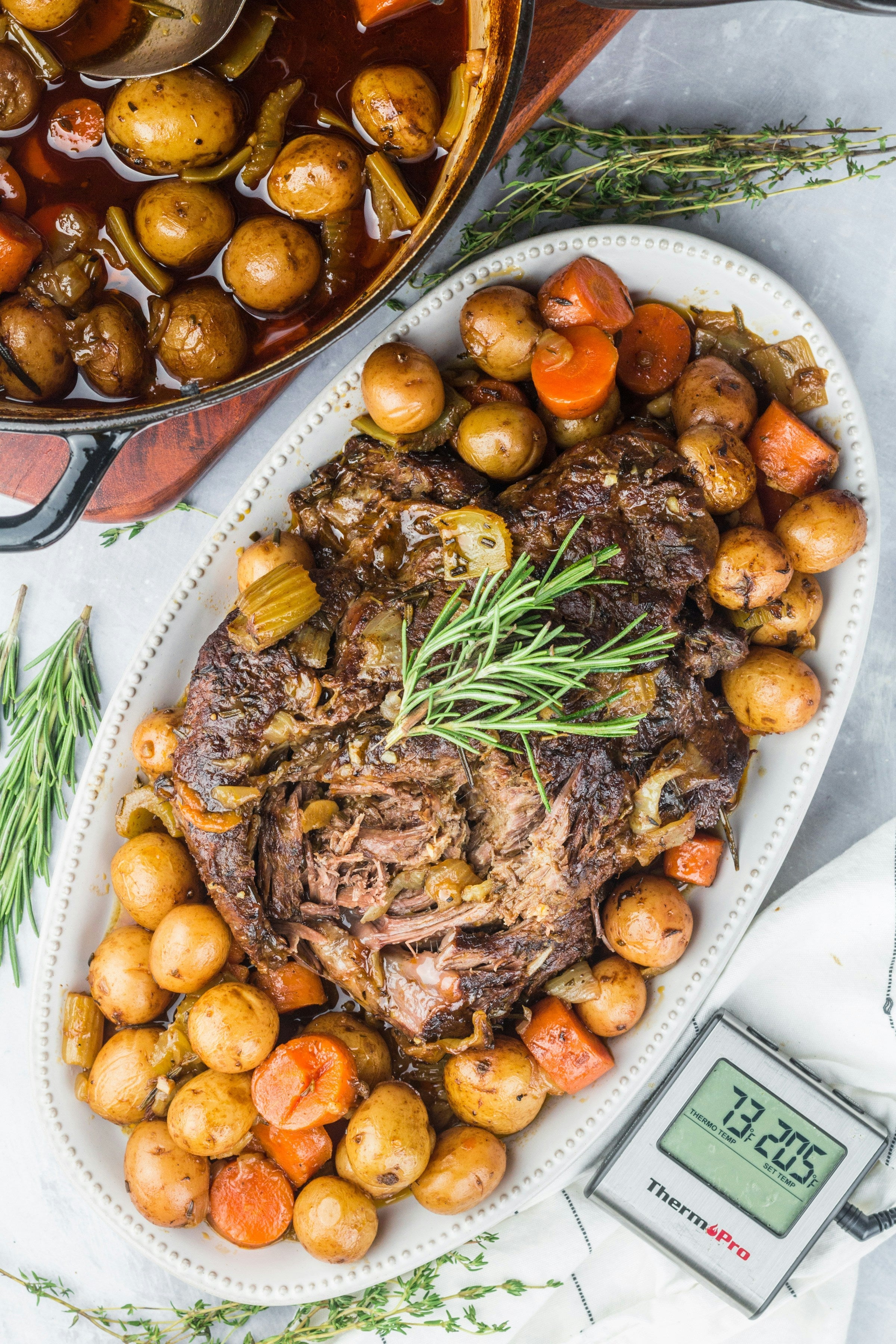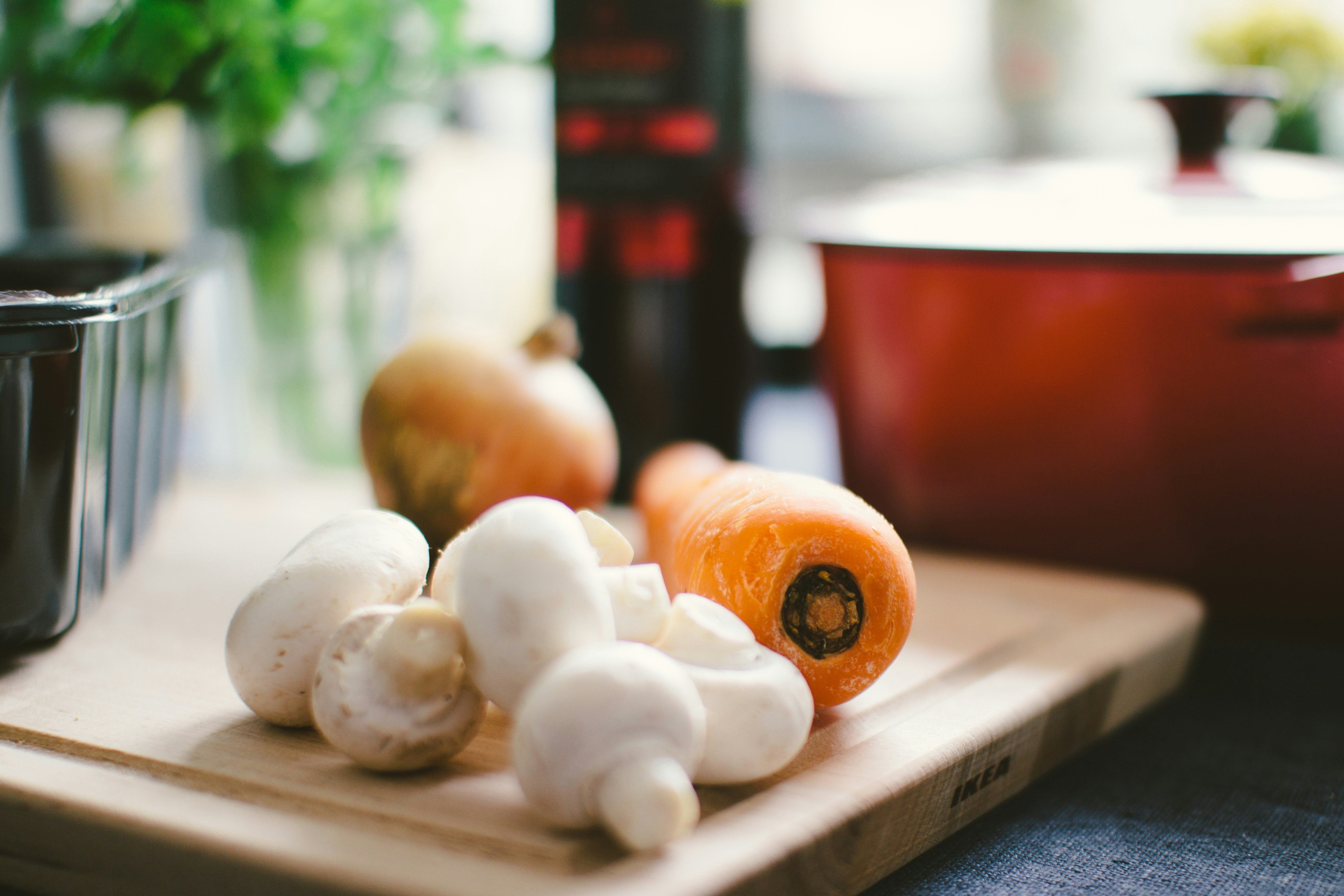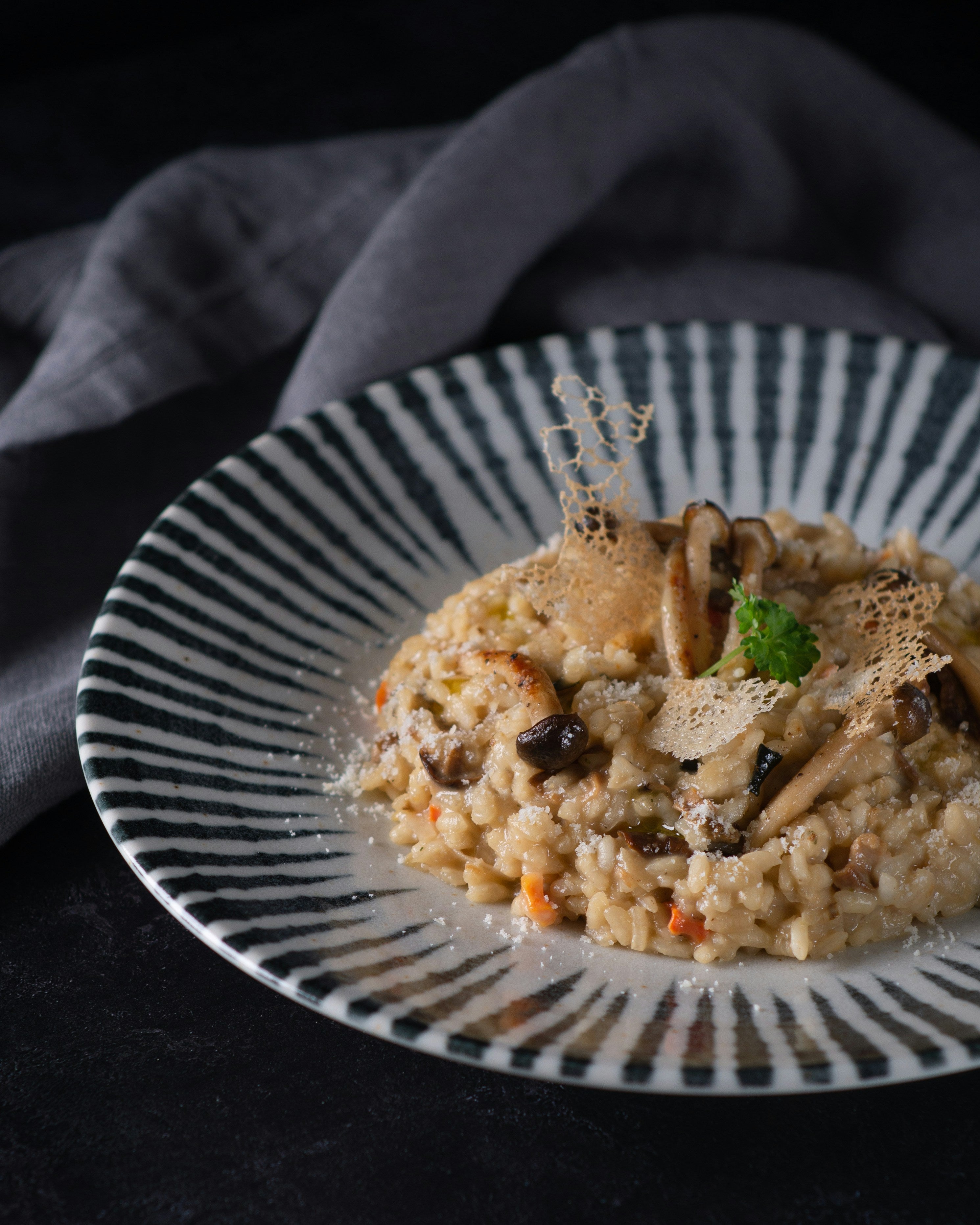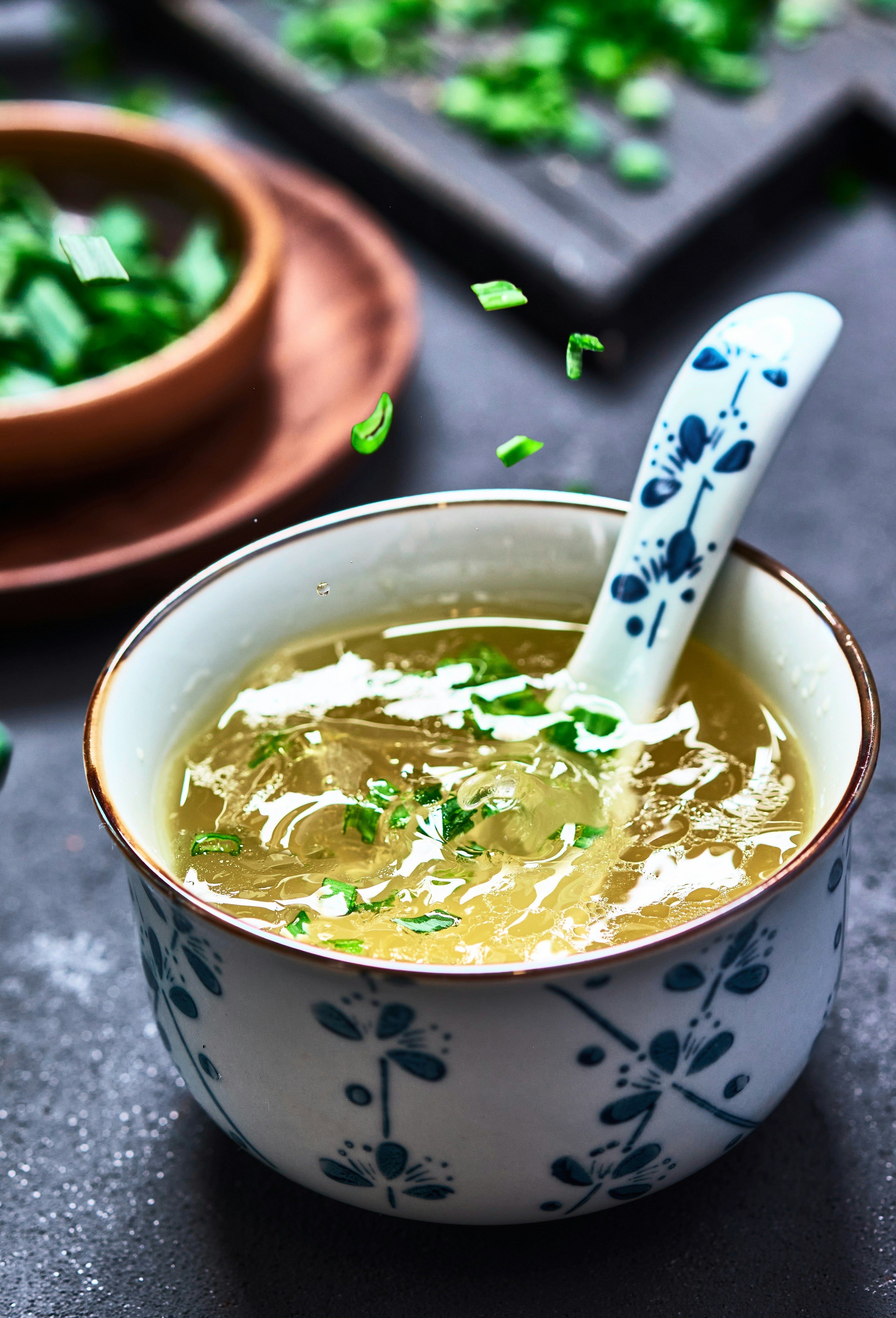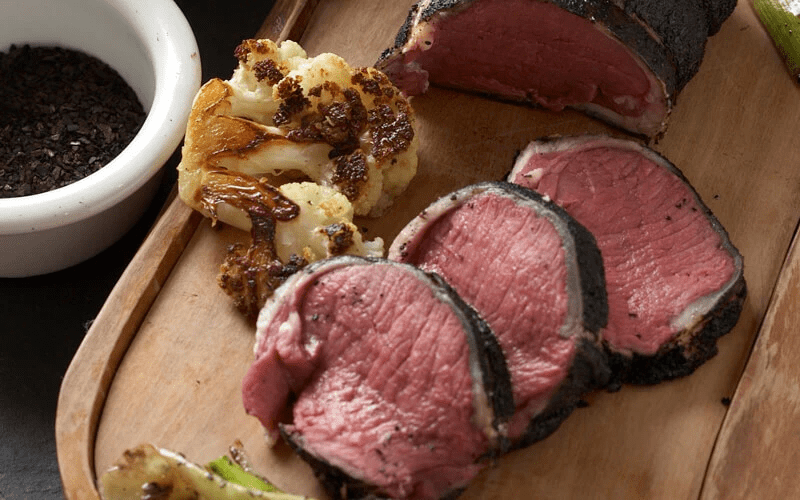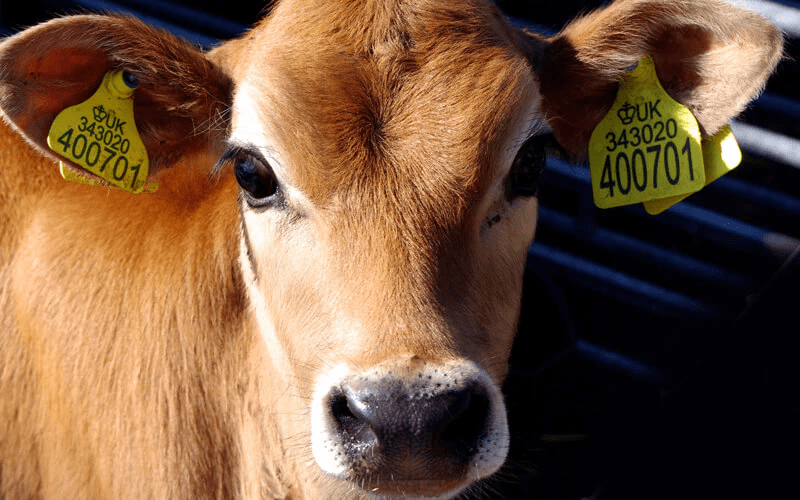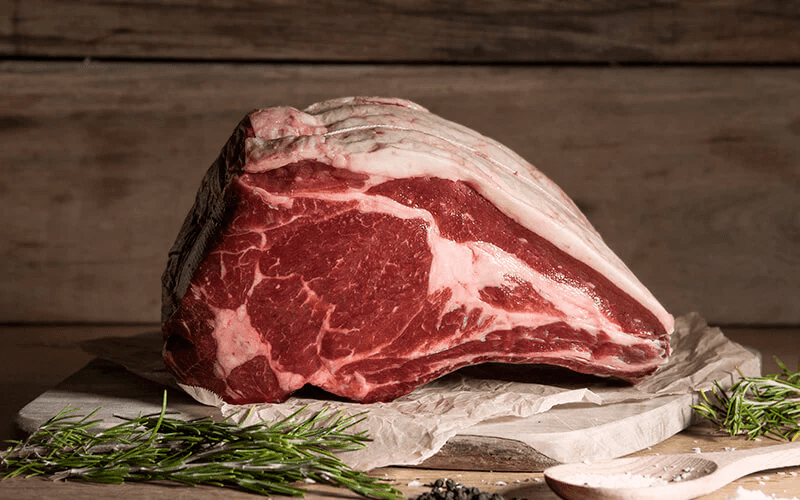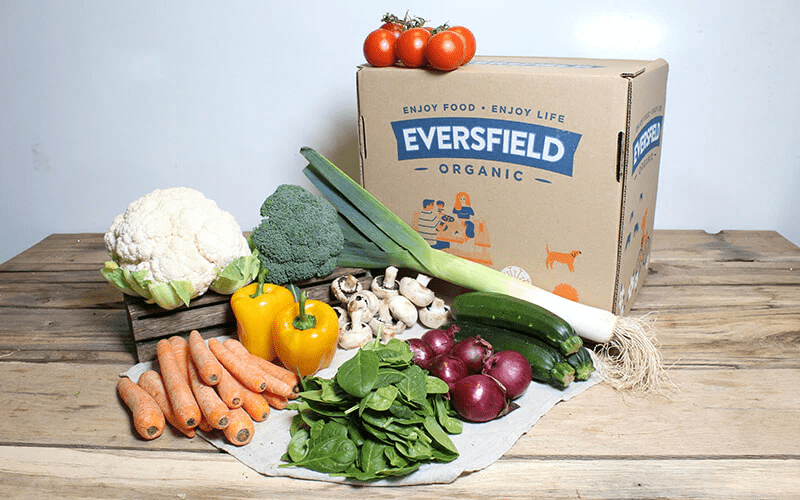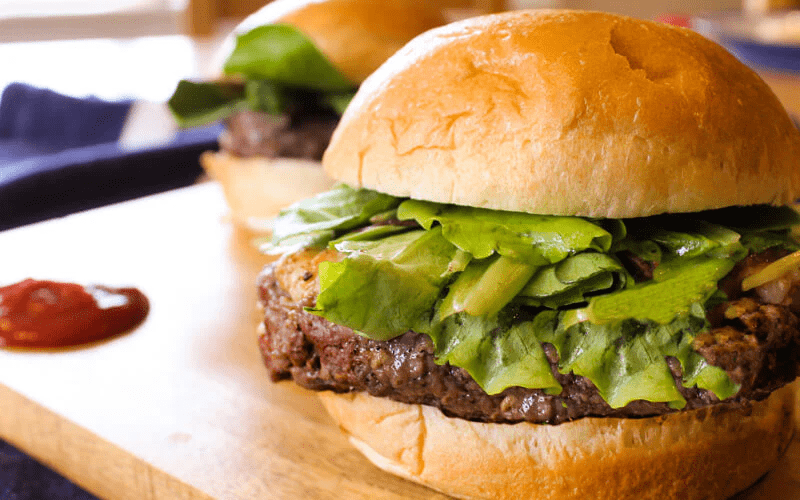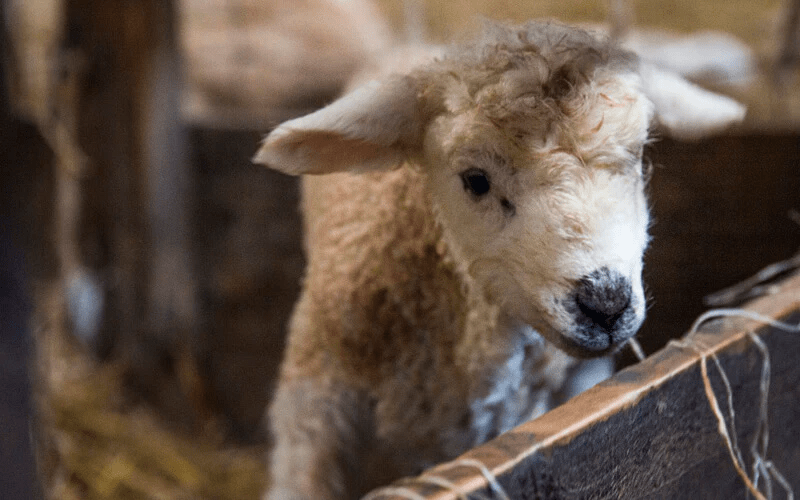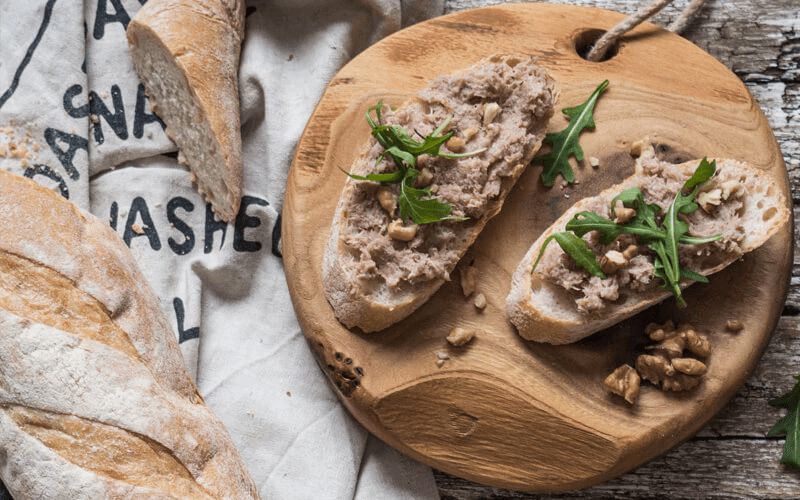Under the Apple Tree…
At the Eversfield Organic farm, there is always something happening. The changing of the seasons provides our busy worker bees with endless tasks, from moving our Aberdeen Angus cattle from field to barn to picking and planting the perfect seasonal fruit and veggies in the Market Garden. As we get ready to say goodbye to a cold winter and welcome a (hopefully) warmer spring with open arms, we’ve been catching up with Laura at the Market Garden who’s got big plans for our heritage apple orchard…
Sun, Cider and Some TLC!
For those of us who enjoy a little afternoon tipple (or an anytime tipple really – it’s always 5pm somewhere!), the transition from winter through spring and eventually to summer is usually accompanied by a cold glass of cider. Something about the combination of the warming spring sun and the taste of a chilled apple cider has led to this British tradition, and it’s definitely something we can get behind!
Research shows that since 1905 more than 6,000 acres of orchards have been lost, but all across Devon farmers just like us are working to improve that statistic. Our old orchard is home to a variety of heritage apple trees (many local to the West Country), including Devon favourite Tremletts Bitter alongside Kingston Bitter, Ellis Bitter, Browns Apple and Black Dabinett. We’ve heard these make the most mouth-watering cider!

However, over the past couple of years our organic orchard has been somewhat mismanaged. Luckily, Laura and her dedicated team are working hard to restore the orchard, and it seems the time is ripe! At the moment the trees are dormant, meaning all of the plant’s mechanisms slow down and undergo a kind of hibernation in order to survive winter.
With tree growth at its most minimum, this the perfect time for the orchard’s transition period. Despite the trees being left to their own accord recently, they have still continued to grow at an astounding rate. This has meant that many of the plants are hard for the Market Garden team to reach due to brambles, fallen branches and not to mention marshy earth (thanks, rain!). So, the first step is formative tree pruning.
A Fruitful Mission
With roughly 10 inches of growth appearing on the trees from March to July, it’s imperative that the team can gain control of the trees in order to produce the best fruit possible. Pruning apple trees in the formative process can encourage the trees to grow in the right direction. In addition, Laura hopes to develop thick branches that are perfect for sprouting the most delicious organic fruit. This involves taking off at least half of last year’s growth and getting the trees back into ship shape.
Over time, some of the plants have taken to leaning towards the East. Laura believes this is so that they are out of the chilly Cornish wind, however the trees shouldn’t be leaning too much this way. The team are working to do all they can to help the trees as it’s too late to pull them up. So far, they have added stakes to the side of the plants to offer support and reduce the risk of collapsing. They have also removed the old cattle fencing from around the trees as there are no longer any inquisitive livestock in the fields to annoy the plants!

The Fruits of Our Labour…
Once the formative pruning process is just about complete, towards the end of February the team will look towards tip pruning, resulting in bearing fruit rather than spurs. Pruning trees involves thinning out their canopies so that air can circulate and the trees become more productive in terms of fruiting. With the help of the warmer spring water, tip pruning encourages the growth of new buds and leaves as the plants awaken from their winter nap.
We are all hoping that this hard work down at the market garden will produce some of the best heritage apples the South West (and beyond!) has ever tasted. All we can say is, keep your eyes peeled for Eversfield Organic Cider in the future…


